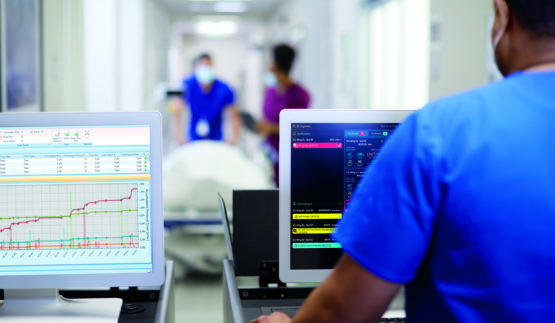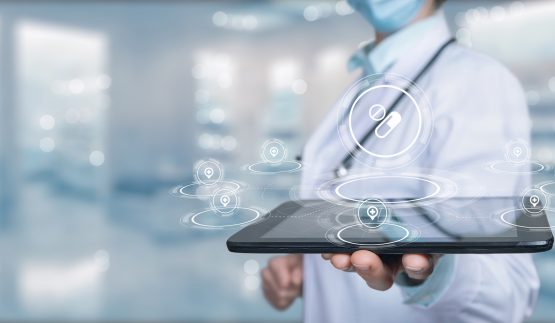
How Hospitals Can Help to Improve Medical Device Data Security
Secure medical device data: A shared responsibility. Find out how hospitals & manufacturers can team up. Learn vital security practices now.

Secure medical device data: A shared responsibility. Find out how hospitals & manufacturers can team up. Learn vital security practices now.

High-quality data gives medical researchers and clinicians the level of detail they need to better be able to study the efficacy of treatments and identify patterns and trends in healthcare outcomes.

Philips Capsule Surveillance supports a wide range of published clinical guidelines to help leverage and amplify the clinicians’ experience.

End-to-end data encryption capabilities help ensure that information collected by medical devices at a patient’s bedside can be securely transmitted downstream to other systems.

Non-actionable and clinically insignificant medical device alarms negatively impact patients, their families and the clinical staff. Analyze patient data to reveal the root causes of nuisance alarms.

Medical device integration (MDI) technology is at the heart of liberating data from disparate medical devices, aggregating and analyzing the data, and sharing insights – in context to the patient – with the care team.